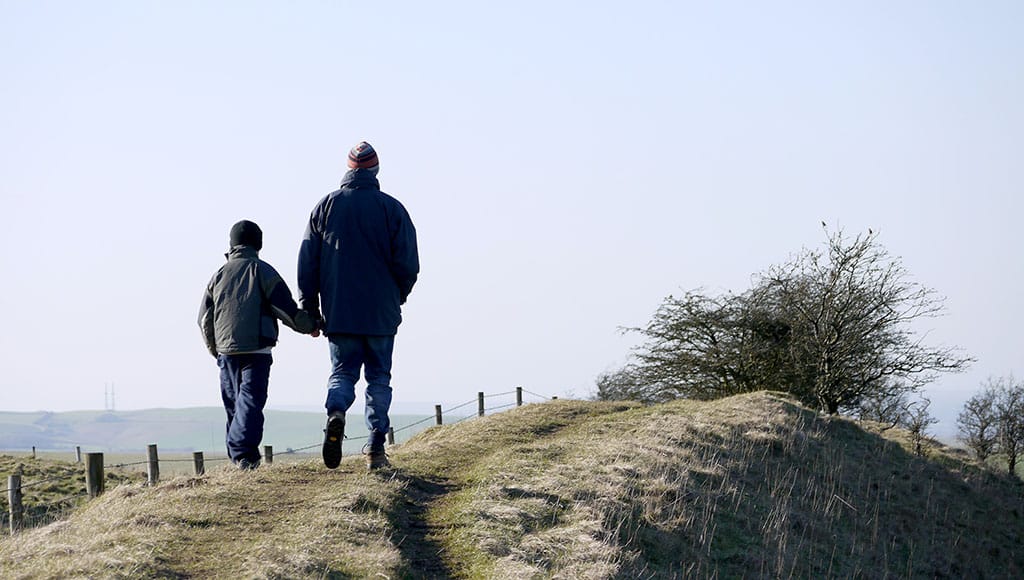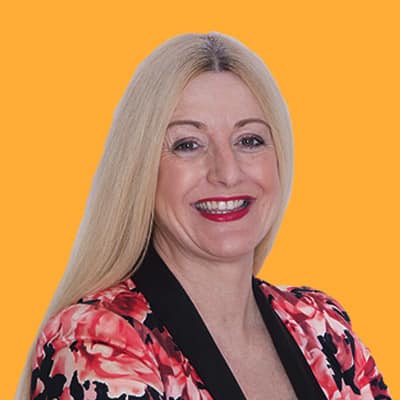No one can deny that the world feels like a very scary place today with two full-scale wars taking place that are constantly being reported on, through both news outlets and social media.
As adults, I am sure that one would agree that the world currently seems a bleak place. From first-hand experience, I know that even very young children are both aware of the wars and the current Middle East conflict, as much is being reported about the excruciating number of children being killed. Adults may find these events extremely difficult to understand, let alone our children.
Understandably, as parents, we want to protect our children from exposure to these atrocities. However, in the multimedia age, I would say that this is virtually impossible. Even if your child has not heard about recent events, then one of their friends will have and, inevitably, it will be a topic of playground discussion.
The fact that the Gaza war has already involved the deaths of so many children, and reports explicitly detail very graphic images, has led to children of all ages identifying with the horrendous events that are happening to other children. It is important as parents and educators that we allow discussion to take place in a positive, proactive, and calm way, free from political bias and fear.
Research has shown that large amounts of media coverage can be extremely harmful to an adult’s mental health. Firstly, as parents we need to regulate how much potentially harmful news is being reported on daily, and how often it is talked about.
Ultimately, as parents, we know our own children. Although we would all like our children to retain their innocence for as long as possible, inevitably, this is a situation that must be addressed to safeguard their mental health. Children secure with the appropriate knowledge, and with an opportunity for open discussion, will become more resilient.
As with every subject regarding children, every parent and child relationship will be different. How much one discusses with a child depends very much on their age and emotional maturity. Ultimately, some children may not be affected at all, whilst others may be more traumatised. However, all will need our support and understanding to feel safe.
When tackling this difficult subject, start at the beginning by asking your child what they know and how this makes them feel. It is important not to make children feel anxious by conveying our own thoughts and possible anxieties. Allow your child to talk and take the time to listen. Support your child and reassure them that they are safe. If they have misinformation, help them to understand the facts in a neutral and non-political way. Do not give your opinions, but rather allow your child to fully express how they feel and what they have heard or seen.
As an adult, it is important not to shy away from acknowledging the horror of war and what your child knows and understands. Without lingering on it, make sure that exposure is limited and that they know that you are there to support and listen to their concerns. Listening is the absolute key.
Currently, we live in a very difficult time. As adults, we have a very large role to play in maintaining the mental health and alleviating the concerns of tomorrow’s adults!
Peace is what every human being is craving for, and it can be brought about by humanity through the child – Maria Montessori
By Penelope Best,
International Education Consultant















